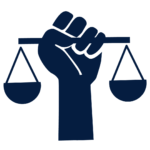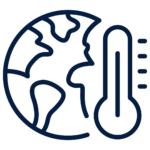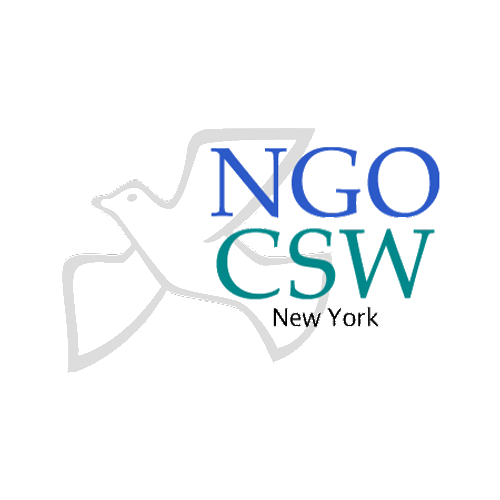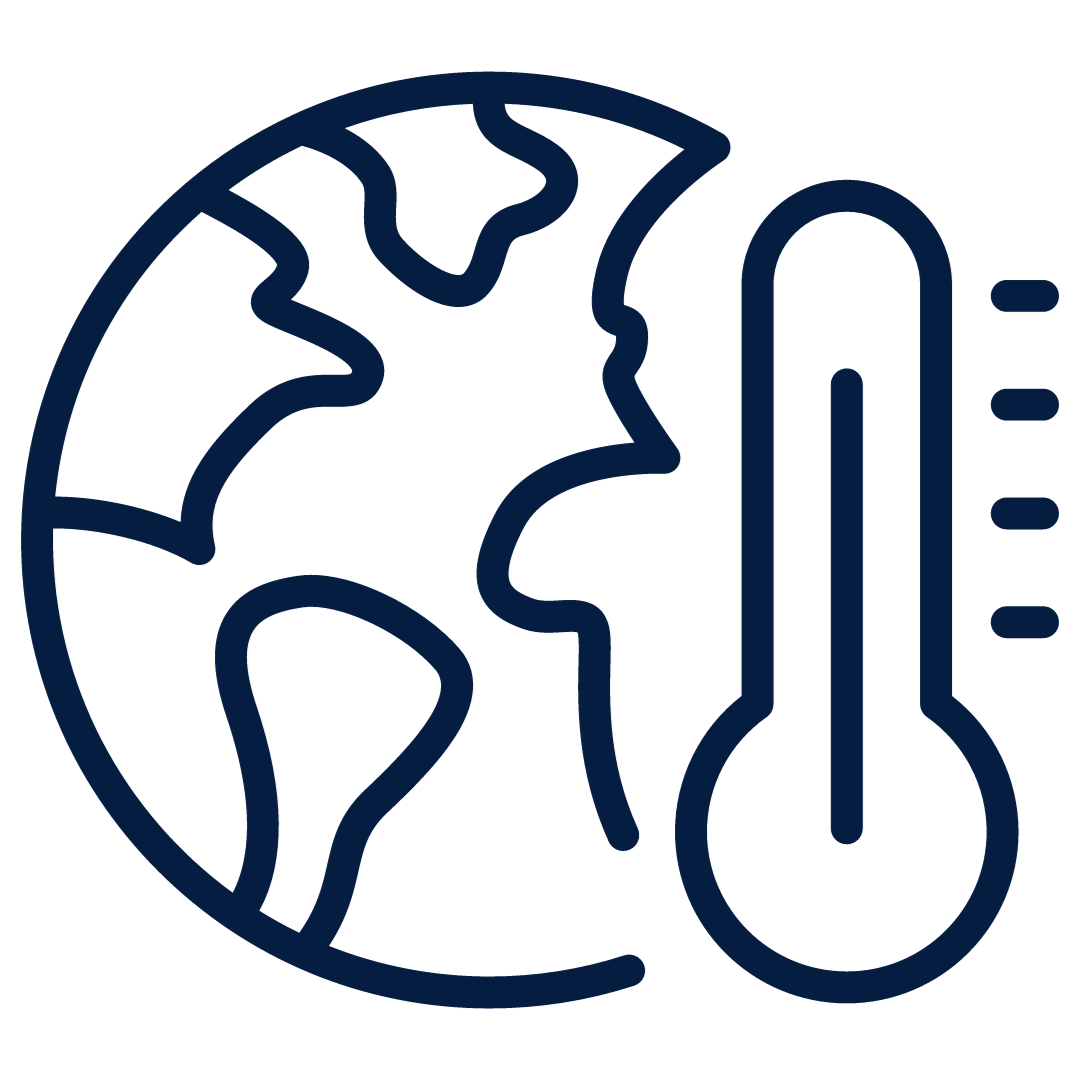01
Social Justice & Poverty
 A just and equitable economic model that includes social justice and human rights to alleviate women’s and girls’ poverty is paramount. Governments should adopt programs and policies that recognize gender equality as a requirement for social justice and development, as well as addressing and eliminating the root causes of poverty. We emphasize that the persistent repressive backlash against women’s human rights must be countered by eliminating harmful attitudes, norms and belief systems and addressing human rights violations and abuses targeting women and girls in all their diversity. Effective measures must be implemented to respect and protect their fundamental human rights and address all forms of discrimination including social, political and cultural economic marginalization in the law and in practice including revising and repealing harmful laws and policies. Read more.
A just and equitable economic model that includes social justice and human rights to alleviate women’s and girls’ poverty is paramount. Governments should adopt programs and policies that recognize gender equality as a requirement for social justice and development, as well as addressing and eliminating the root causes of poverty. We emphasize that the persistent repressive backlash against women’s human rights must be countered by eliminating harmful attitudes, norms and belief systems and addressing human rights violations and abuses targeting women and girls in all their diversity. Effective measures must be implemented to respect and protect their fundamental human rights and address all forms of discrimination including social, political and cultural economic marginalization in the law and in practice including revising and repealing harmful laws and policies. Read more. 02
Education & Poverty
 Promote gender equality and empower women and girls through a gender sensitive curriculum free of harmful gender stereotypes as well as making curricula and pedagogies relevant for today and for tomorrow, with a comprehensive and integrated system of education and lifelong learning for a world of uncertainty, which also ensures equity, access and inclusion in and through education. The poorest and most marginalized women and girls need to participate in the formulation, design and development of adequately financed policies and programs to eliminate the multiple and intersecting forms of discrimination exacerbated by the Covid pandemic, economic crises, armed conflict and climate crises - that disrupts their education. The deeply entrenched patriarchal attitudes, policies, laws and infrastructure need to be changed, in addition to intergenerational and historic poverty, barriers to obtaining a quality education, including digital, financial, numeracy and climate literacy. Read more.
Promote gender equality and empower women and girls through a gender sensitive curriculum free of harmful gender stereotypes as well as making curricula and pedagogies relevant for today and for tomorrow, with a comprehensive and integrated system of education and lifelong learning for a world of uncertainty, which also ensures equity, access and inclusion in and through education. The poorest and most marginalized women and girls need to participate in the formulation, design and development of adequately financed policies and programs to eliminate the multiple and intersecting forms of discrimination exacerbated by the Covid pandemic, economic crises, armed conflict and climate crises - that disrupts their education. The deeply entrenched patriarchal attitudes, policies, laws and infrastructure need to be changed, in addition to intergenerational and historic poverty, barriers to obtaining a quality education, including digital, financial, numeracy and climate literacy. Read more.
03
Women's Poverty & Climate Change
 With the consequences of climate change projected to get worse, further disrupting agricultural growing cycles, we recommend engaging the most impoverished and marginalized women and girls in effective and sustainable design and development of adequately financed policies and programs, including agriculture, in order to eliminate multiple and intersecting economic challenges. Climate change’s multiplier effect on women’s poverty is worsening and upending women’s livelihoods, increasing food and water insecurity, malnutrition, climate-induced migration and displacement, and increasing women’s and girls’ high poverty rates, specifically in rural or remote regions. Climate finance, a just transition and access to land and technology are needed to support mitigation and adaptation efforts, and particularly the loss and damages in countries and frontline communities that face climate impacts first and worst. Read more.
With the consequences of climate change projected to get worse, further disrupting agricultural growing cycles, we recommend engaging the most impoverished and marginalized women and girls in effective and sustainable design and development of adequately financed policies and programs, including agriculture, in order to eliminate multiple and intersecting economic challenges. Climate change’s multiplier effect on women’s poverty is worsening and upending women’s livelihoods, increasing food and water insecurity, malnutrition, climate-induced migration and displacement, and increasing women’s and girls’ high poverty rates, specifically in rural or remote regions. Climate finance, a just transition and access to land and technology are needed to support mitigation and adaptation efforts, and particularly the loss and damages in countries and frontline communities that face climate impacts first and worst. Read more. 04
Gender Bias in Economic Policy
 Gender bias in economic policy is the systematic discrimination and unequal treatment and opportunities faced by women in all aspects of economic decision-making policy formulation, implementation, and resource allocation; including areas of financial policy, banking, government economic policy, legislation, and access to health and education. A feminist, gender analysis needs to be incorporated into economic policies to include its differentiated impact on women, including the impact of colonialism. Closing the gender pay gap by equal pay legislation, pay transparency, and gender-balanced leadership needs to be advanced as well as promoting equitable access to financial services through non-gender discriminatory policies and practices. Invest in female-led businesses through targeted funding programs and investor education on gender biases. Improve data collection and analysis by disaggregating economic indicators by gender for evidence-based policymaking. Establish and enforce legislation that promotes gender equality in labor and to support immediate reform of the macroeconomic financial architecture. Read more.
Gender bias in economic policy is the systematic discrimination and unequal treatment and opportunities faced by women in all aspects of economic decision-making policy formulation, implementation, and resource allocation; including areas of financial policy, banking, government economic policy, legislation, and access to health and education. A feminist, gender analysis needs to be incorporated into economic policies to include its differentiated impact on women, including the impact of colonialism. Closing the gender pay gap by equal pay legislation, pay transparency, and gender-balanced leadership needs to be advanced as well as promoting equitable access to financial services through non-gender discriminatory policies and practices. Invest in female-led businesses through targeted funding programs and investor education on gender biases. Improve data collection and analysis by disaggregating economic indicators by gender for evidence-based policymaking. Establish and enforce legislation that promotes gender equality in labor and to support immediate reform of the macroeconomic financial architecture. Read more.
05
Impact of the Debt Crisis on Women's Poverty
 The global debt crisis exacerbates women’s poverty by diverting financial resources to support social protection programs and mechanisms to service a national debt. Governments must recognize and address social services such as health, education, water and sanitation, among others, while lowering the public and private debt levels that have been increasing to alarming, unprecedented levels. Donor countries must fulfill their commitment to 0.7 per cent of gross national product (GNP) for Official Development Assistance (ODA), and further earmark funds for gender equality and women’s rights organizations. Moreover, support debt cancellation for recovery from a global downturn while investing in gender-sensitive public services, the care economy and climate resilience. Read more.
The global debt crisis exacerbates women’s poverty by diverting financial resources to support social protection programs and mechanisms to service a national debt. Governments must recognize and address social services such as health, education, water and sanitation, among others, while lowering the public and private debt levels that have been increasing to alarming, unprecedented levels. Donor countries must fulfill their commitment to 0.7 per cent of gross national product (GNP) for Official Development Assistance (ODA), and further earmark funds for gender equality and women’s rights organizations. Moreover, support debt cancellation for recovery from a global downturn while investing in gender-sensitive public services, the care economy and climate resilience. Read more. 06






